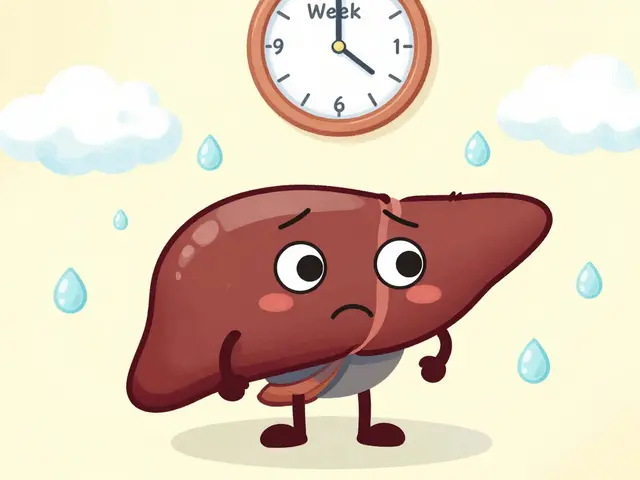Black Seed: Benefits, Uses, and Safety
If you’ve heard people rave about "black seed" and wonder if it’s worth a try, you’re not alone. This tiny seed, also called nigella sativa, has been used for centuries in kitchens and medicine cabinets. Today, we’ll break down what it does, how to add it to your routine, and the safety points you should keep in mind. No jargon, just practical info you can act on right away.
What Is Black Seed?
Black seed comes from a shrub that grows in the Middle East and parts of Asia. The seeds are dark‑gray and have a slightly bitter, peppery flavor. They contain thymoquinone, an antioxidant that researchers say helps calm inflammation. In everyday terms, that means the seed might support healthy skin, easier breathing, and a steadier mood. Many people sprinkle the ground seed on salads, mix it into smoothies, or take it as oil capsules.
How to Use Black Seed Safely
The easiest way to start is with a teaspoon of whole or ground seeds a day. If you prefer a supplement, look for cold‑pressed oil capsules that deliver about 500 mg per pill. For most adults, 1–2 g of seed or 1–2 ml of oil daily is a common dose. Take it with food to avoid stomach upset. If you’re pregnant, nursing, or on medication, check with a doctor first—black seed can affect blood clotting and blood‑sugar levels.
When you buy black seed products, choose brands that publish third‑party testing results. Fresh, sealed packages keep the oil from oxidizing and losing potency. Store the seeds or oil in a cool, dark place; a pantry or refrigerator works fine.
Potential Side Effects & Interactions
Most people tolerate black seed well, but a few may experience mild nausea, headache, or itching. If you notice any rash or breathing trouble, stop using it and talk to a health professional. Because the seed can thin the blood, avoid it if you’re on anticoagulants like warfarin unless your doctor says it’s okay. It may also lower blood sugar, so people on diabetes meds should monitor levels closely.
Where to Find Quality Black Seed Products
Health food stores, reputable online shops, and some supermarkets now carry black seed oil and seed packets. Look for labels that say "cold‑pressed" and list the harvest date. A good sign is a clear ingredient list with no added fillers or artificial flavors. Reading customer reviews can also give you a sense of freshness and taste.
Bottom line: black seed is a versatile, low‑cost addition that might boost your wellness routine, as long as you start with a modest dose and watch for any reactions. Give it a try, track how you feel, and adjust as needed. Your body will let you know if it’s a good match.





